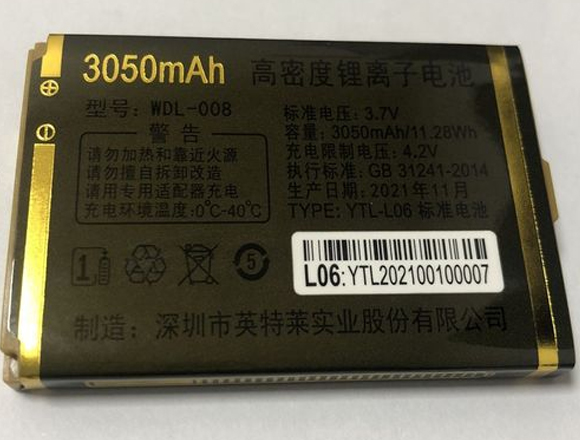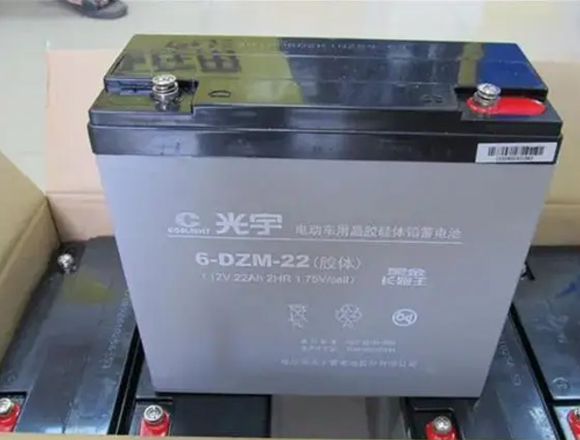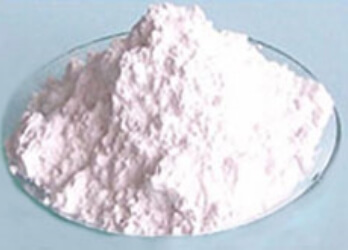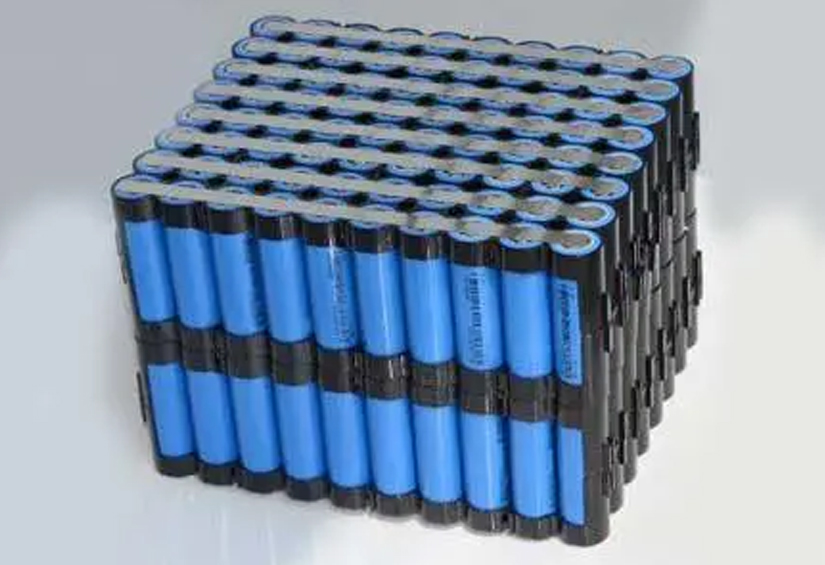A battery refers to a cup, tank or other container or part of a composite container that contains an electrolyte solution and a metal electrode to generate an electric current, and is a device that converts chemical energy into electrical energy. It has positive pole and negative pole. As technology advances, batteries generally refer to small devices that can generate electricity. Such as solar cells. The performance parameters of the battery mainly include electromotive force, capacity, specific energy and resistance. Using the battery as the energy source can obtain stable voltage, stable current, stable power supply for a long time, and a current that is little affected by the outside world, and the battery structure is simple, easy to carry, easy to charge and discharge, and is not affected by the external climate and temperature. Influence, stable and reliable performance, play a great role in all aspects of modern social life.





1. Recycle batteries
Recycling is one of the best ways to dispose of batteries. Recycling batteries reduces your environmental impact and conserves resources. Many countries and regions have implemented battery recycling systems, such as the European Union, the United States, and Japan. In these countries and regions, batteries can be recycled in designated recycling bins in supermarkets, shops, schools and other public places. Some electronic products are also equipped with the function of recycling batteries. In China, although the battery recycling system is not yet perfect, there are still some companies and organizations that provide free battery recycling services, such as JD.com and Suning.
2. Send it to a professional institution for processing
If you can’t find a place to recycle your batteries, or you have a large number of batteries to dispose of, you can send them to a professional facility for disposal. These institutions can process batteries through special methods, such as high-temperature smelting, chemical treatment, etc., to reduce the impact on the environment. In China, there are already some professional battery treatment institutions, such as Zhonghuan Environmental Protection and so on.